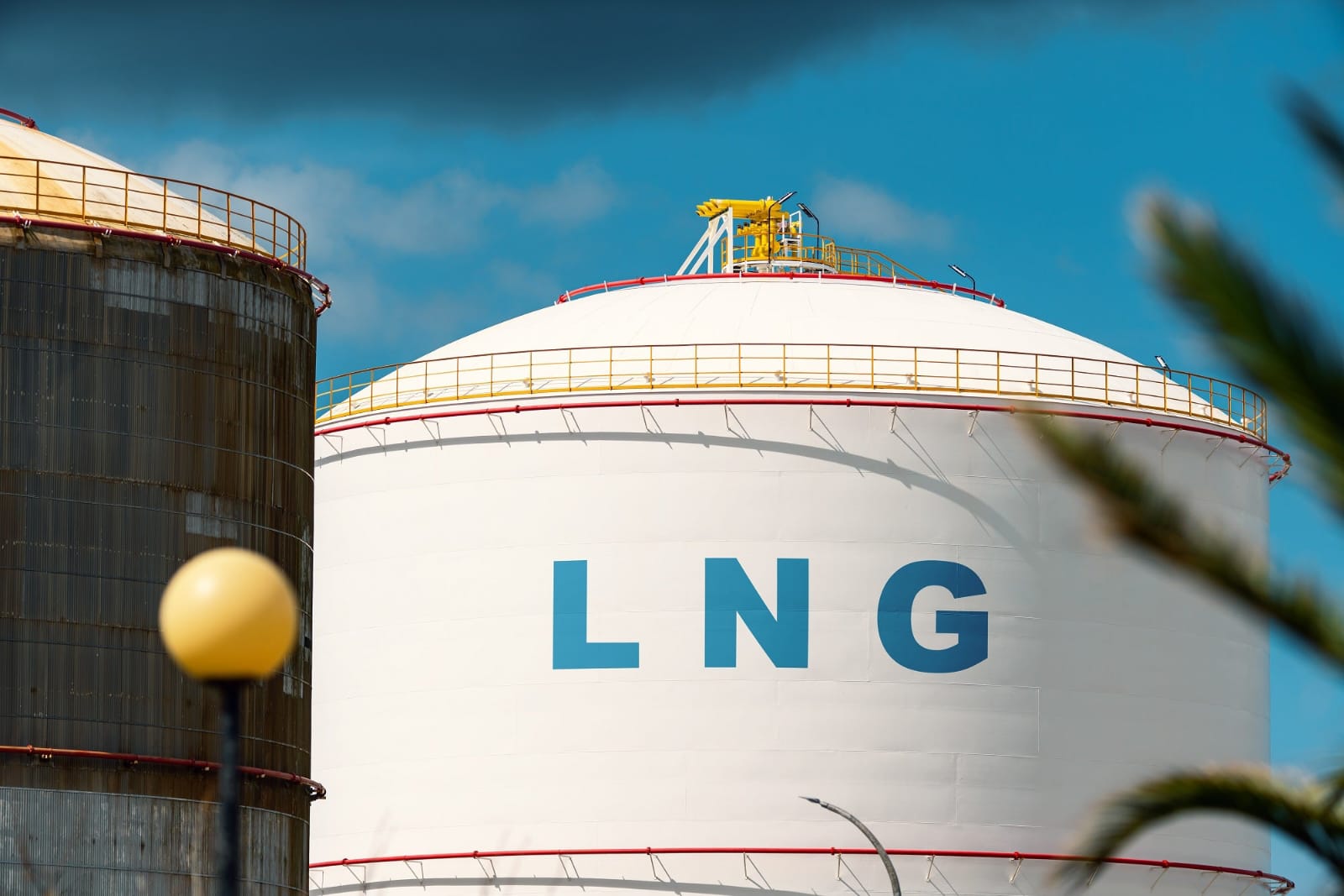India–US Trade Tensions Rise Over Steel and Auto Tariffs NMDC Limited reports a 38% drop in Q4 FY24 consolidated net profit RINL to Raise $23 Million Through Land Sales Amid Crisis

Shell, in its annual report released on Wednesday, predicts that global demand for liquefied natural gas (LNG) will surge by over 50% by the year 2040. This rise is anticipated to be driven by countries in South and Southeast Asia, as well as China, as they utilise LNG to fuel their economic growth.
According to Shell's 2024 annual LNG outlook, global LNG trading witnessed a 1.8% increase to 404 million metric tonnes in 2023. The report highlights that prices and price volatility have remained above historic averages, thereby constraining economic growth. However, despite these challenges, the market remains "structurally tight" due to reduced Russian supplies to Europe following the Ukraine war and limited supply growth.
While natural gas demand has peaked in some regions, the global trend continues to rise, with expectations to reach around 625-685 million tonnes per year by 2040, as per industry estimates cited in the report.
China, which regained its position as the world's top LNG importer in 2023, is expected to continue driving global LNG demand growth in the coming decade. Steve Hill, Executive Vice President for Shell Energy, emphasised China's pivotal role in reducing carbon emissions by transitioning from coal to gas, especially in sectors like steel production.
Looking ahead, China's LNG imports will rebound to nearly 80 million tons in 2024, surpassing the record set in 2021. Moreover, declining domestic gas production in regions of South Asia and Southeast Asia is anticipated to fuel a surge in LNG demand over the next decade, particularly for gas-fired power plants and industrial purposes.
Shell's report anticipates a balance between rising demand and new supply in the LNG market but underscores the need for significant investments in gas import infrastructure. While LNG prices have eased from the all-time highs witnessed in 2022, they remain below $10 per million British thermal units (mmBtu) in 2023, encouraging buyers to secure new-term supplies from major exporters like Qatar and the United States.
In conclusion, Shell's outlook highlights the growing importance of LNG in the global energy landscape, driven by the transition towards cleaner energy sources and the increasing demand for natural gas in key industrial sectors.
Also Read : Salzgitter AG partners with Octopus Energy for green steel production Wind power surpasses gas plants in Europe